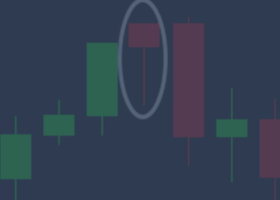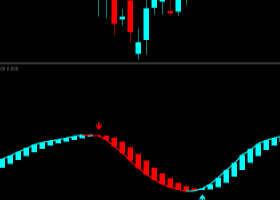The past week has marked yet another setback for the policy divergence trade. The shift in the ECB’s policy focus away from fighting deflation via weaker EUR in favor of measures aimed at stimulating credit growth was followed this week by a broadly dovish market interpretation of the FOMC’s latest decision.
Combined with firmer commodity prices and the BoJ’s decision not to ease further, the net impact of the ECB and Fed’s policy decision was to weaken the USD across the board. The trade-weighted broad USD index is now about 4% below the 20 January high, and more importantly, about 1% weak YTD.
We think the trend has further space to run and expect the USD trend to remain biased to the downside in the coming weeks...Several factors underscore our view:
1. The ECB’s decision to overdeliver on credit easing and underdeliver on rate cuts is a EUR positive development. Specifically, we think the combination of measures is more likely to attract foreign investors to European assets than it will entice European investors to buy more foreign assets. This would imply that the balance of payments – already featuring a large trade surplus – is likely to turn more supportive for EUR.
2. The Fed has become more wary of external risks, as stated in this week’s decision. We think this will significantly limit the FOMC's ability to deliver a hawkish message, as the near-term horizon is well stocked with potentially high impact risk events such as the Brexit referendum. Furthermore, the emergence of domestic political risk ahead of the US presidential election increases the weight of uncertainty, especially after an extended period of strong inflows on the FDI front. Finally, the latest GDP and ISM data show that the USD strength of the past two years is starting to have an unequivocal drag on growth, de facto acting as a tightening in financial conditions.
3. Commodity prices appear to have bottomed and are starting to translate into improved growth fundamentals in exporter countries. Most recently, employment data surprised stronger in Australia, and Canada has seen a broad improvement in high frequency data. In both cases it has coincided with neutral policy decisions, against a backdrop of markets pricing in rate cuts.
PS: Copy signals, Trade and Earn $ on Forex4you - https://www.share4you.com/en/?affid=0fd9105



